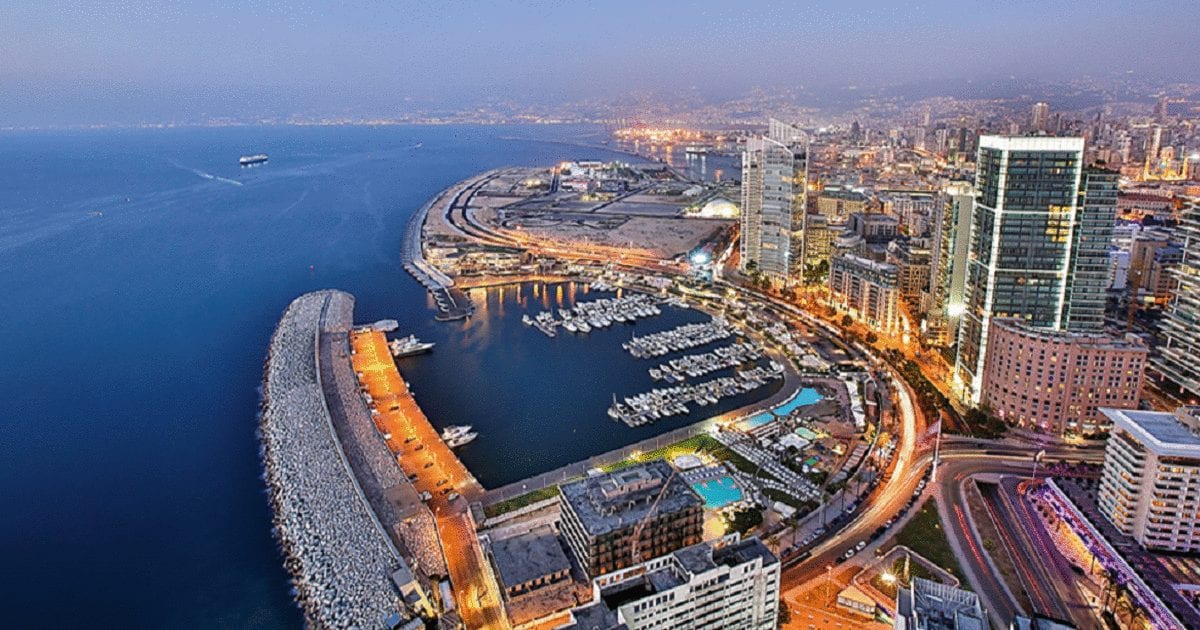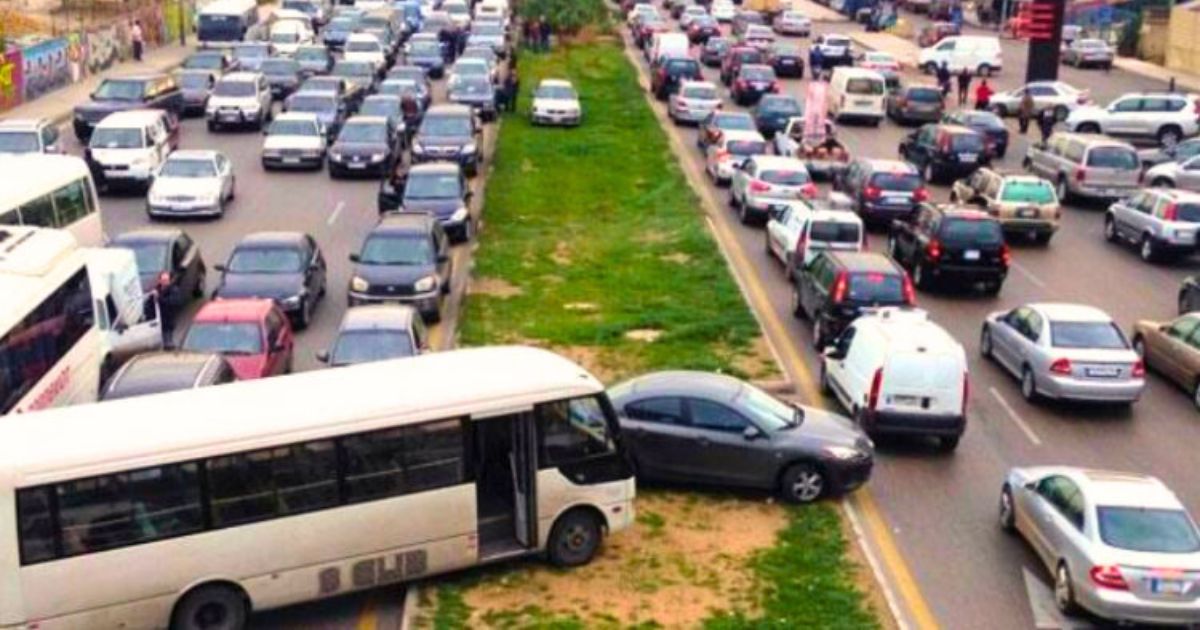The Economist Intelligence Unit (EIU) recently released a study that ranked 100 countries according to their overall Internet quality.
Lebanon ranked 60th with an above-average score of 64.4/100. Below is a detailed walkthrough for Lebanon’s score.
The study explores 4 major pillars when ranking a country’s Internet: Availability, Affordability, Relevance, and Readiness.
The results of these points, each of which is graded over 100, are then merged to produce the final overall score.
#1 Availability: 67.2/100
This score studies the “quality and breadth” of available infrastructure necessary for access and levels of Internet usage.
Coming in between Morocco (67.5) and Jamaica (66.3), Lebanon sits at the 52nd place right alongside Iran in terms of Internet Availability. The study revealed that around 84% of Lebanese households have active Internet users.
The average download speed is approximately 8Mbps (92nd globally) for fixed broadband networks. Interestingly, Lebanon ranked 16th in terms of its average mobile network download speed, which is 48Mbps.
#2 Affordability: 57.7/100
Lebanon does not have the most affordable Internet in the world. Out of the 100 ranked countries, Lebanon is the 74th country when it comes to the costs of accessing the Internet, lagging behind most regional and neighboring nations.
According to the World Bank’s latest statistics, revenue generated by the Internet provides an average of 2.55% of Lebanon’s monthly GNI per capita, which is quite high compared to other countries.
#3 Relevance: 74.7/100
In the EUI’s study, Relevance is calculated according to the extent of content available in each country’s local language, and the relevance of that content.
Lebanon ranks 58th in that domain. In addition to the amount of relevant content available in the official language, the study examines whether a country’s ministries and offices have websites that offer valuable information and services.
For example, the fact that the Lebanese Ministry of Public Health has an official website that provides healthcare information and online e-Health services has a positive impact on its rank.
But on the flip side, the value of the offered e-Health services is extremely low in Lebanon (96th globally), and this, in turn, damages its Relevance score.
#4 Readiness: 52.5/100
This category explores a country’s capacity to access the Internet. This tackles the skills and “Internet literacy” of the user, the overall cultural acceptance of the Internet, and whether the government’s policies are supportive of it.
In the EIU’s own words: “Weak policy development does much to constrain Lebanon’s ability to support Internet inclusion. That, along with low levels of trust in Internet content, is behind a global ranking of 80 out of 100 in the Readiness pillar.”
One advantage Lebanon has in this pillar is, as mentioned, the good availability of local content and e-government services.
Lebanon’s Relevance and Availability scores can be considered fairly acceptable.
If the government puts some effort into cranking up the scores of Affordability and Readiness, it will give its overall score a nice boost in next year’s edition of the study.
Also, if fiber-optic connections finally became available in our country, it would definitely help.
















